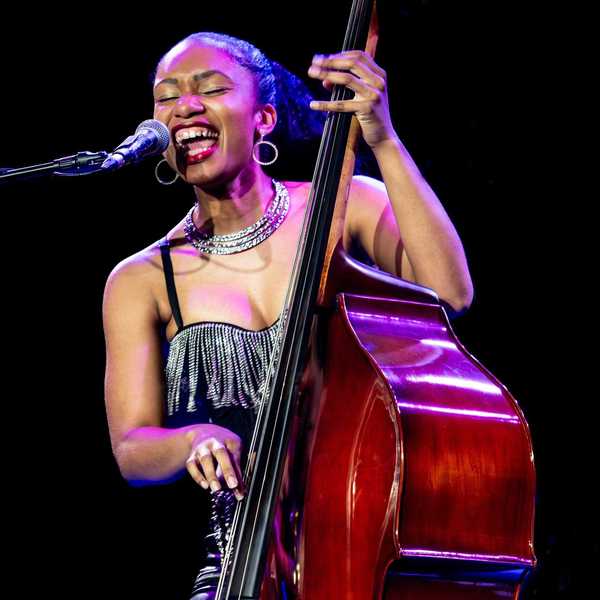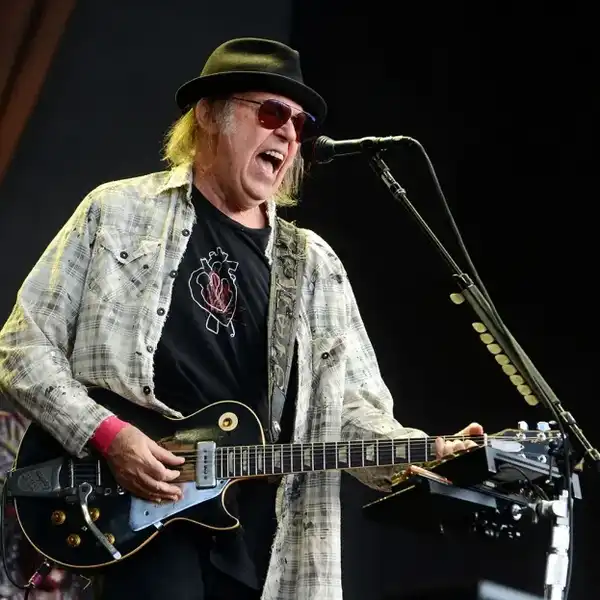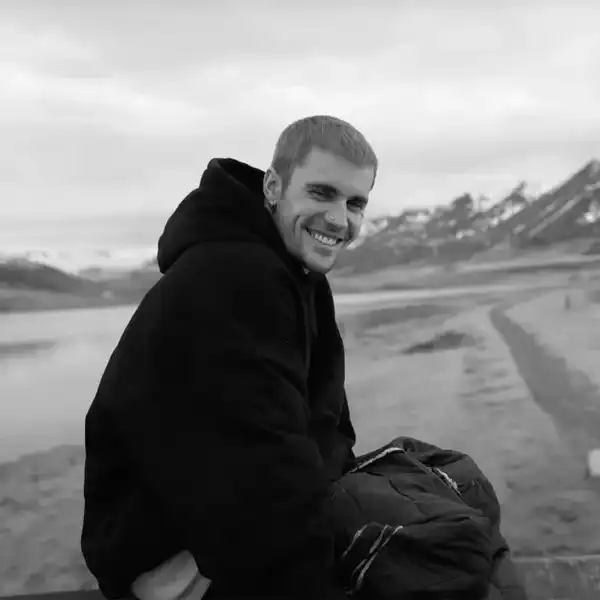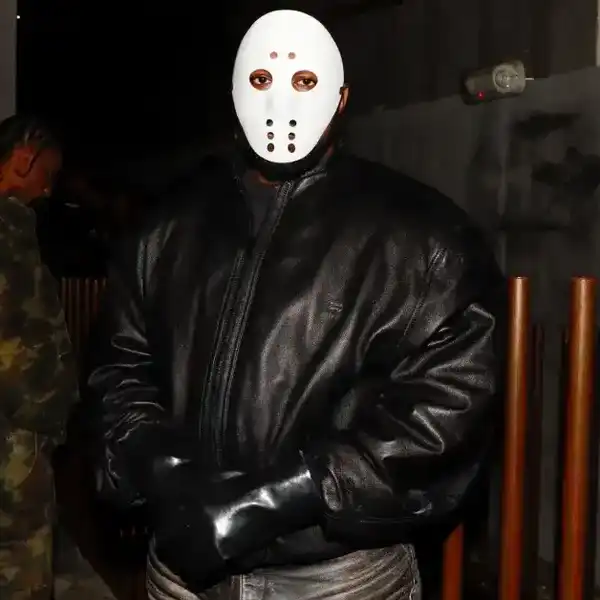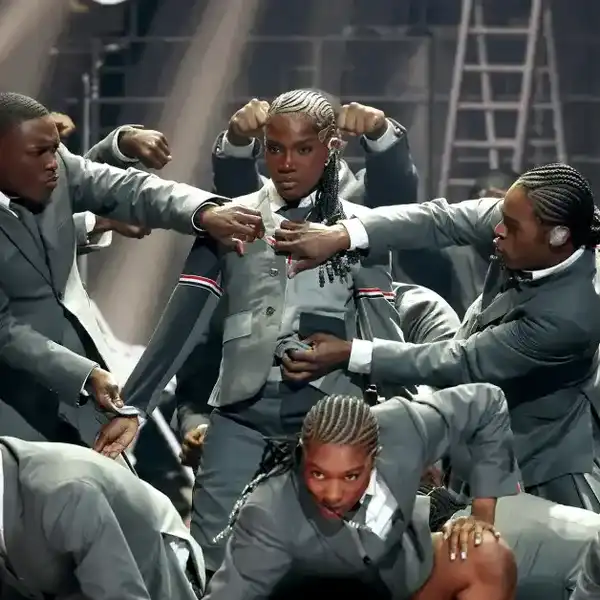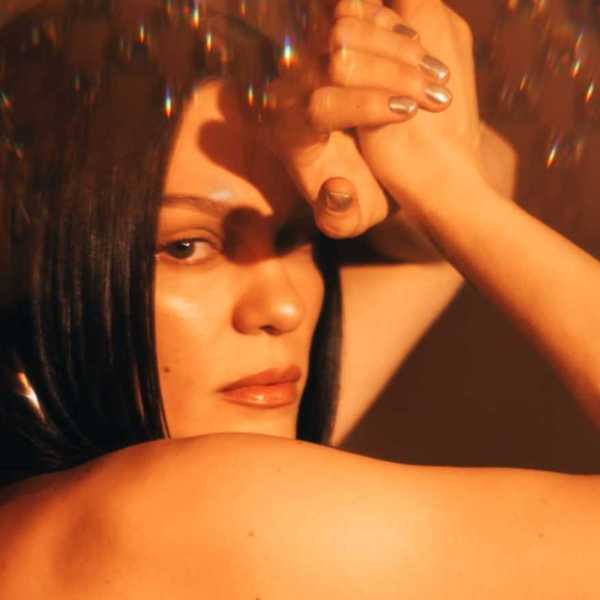Five Questions With… Belle Plaine
The singer/songwriter from Saskatchewan has just released a third album, Malice, Mercy, Grief and Wrath. Here she discusses her detour into country music, her free-ranging artistic approach, an inspirational grandmother, and early public performances.

By Jason Schneider
Despite growing up in a remote Saskatchewan hamlet of 45 people, Belle Plaine has a knack for living dynamically. Her just-released third album, Malice, Mercy, Grief and Wrath, is proof of her steadily evolving progression from her small town prairie roots to being an internationally known bandleader, collaborating with guests such as Colter Wall, Kacy Anderson (Kacy & Clayton), and Megan Nash.
The new record evokes an unmistakable classic country influence, something she credits in part to working closely with her partner, fellow singer/songwriter Blake Berglund and his band, although beneath the crystal surface of many of the songs are deep ruminations on grief and loss she’s experienced in the recent past.
While Malice, Mercy, Grief and Wrath contemplates the ephemeral nature of life, it also manages to address themes that are persistently unfolding in our lives: forgiveness, redemption and hope. She chooses to live with this knowledge at the forefront of her mind, not only in the spontaneous way in which she records but also in her inherent migratory nature.
Belle Plaine plays The Opera House in Toronto with Colter Wall on Nov. 24. For more info go to belleplainemusic.com.
What makes Malice, Mercy, Grief and Wrath stand apart from your previous work?
Musically, this is my first step into taking a crack at country. I grew up on Marty Stuart, Dolly Parton, Don Williams and all that. It's music that’s always been close to my heart. This album was a bit of a manifestation of my exposure to it as a young person.
How would you describe your artistic evolution so far?
I’m a free-range artist, and that’s allowed me to release what I want when I want. I haven’t been concerned with anything but creating work that’s to the best of my ability. Through that, I’ve slowly been building a fan base and befriending other musicians who have the same mentality. The real evolution in my career has been gaining confidence to worry less about what people think. It’s all about working hard and treating people right, you know?
What song in your catalogue means the most to you and why?
“Laila Sady Johnson Wasn’t Beaten By No Train” on the new album is for my grandmother, and it’s a true story. I wanted to give her an understanding of how much I admire her spirit. She’s so beautiful and strong. I’m in awe of her in every way.
What song by another artist do you wish you had written?
Oh wow, so many! Off the top of my head—“The Last Thing I Needed First Thing This Morning” by Willie Nelson, “Coat of Many Colors” by Dolly Parton, and “Long Black Veil” by Marijohn Wilkin and Danny Dill. All of those songs are amazing.
What do you recall about your first time performing in public?
I’m not sure if it was a kindergarten Christmas concert when I sang “Little Donkey” dressed as the Virgin Mary, or if it was a community Winter Festival and I sang “It’s a Small World After All.” Either way, I’m sure I killed it!





